Dexter Is Nothing Like The Books And That’s A Good Thing
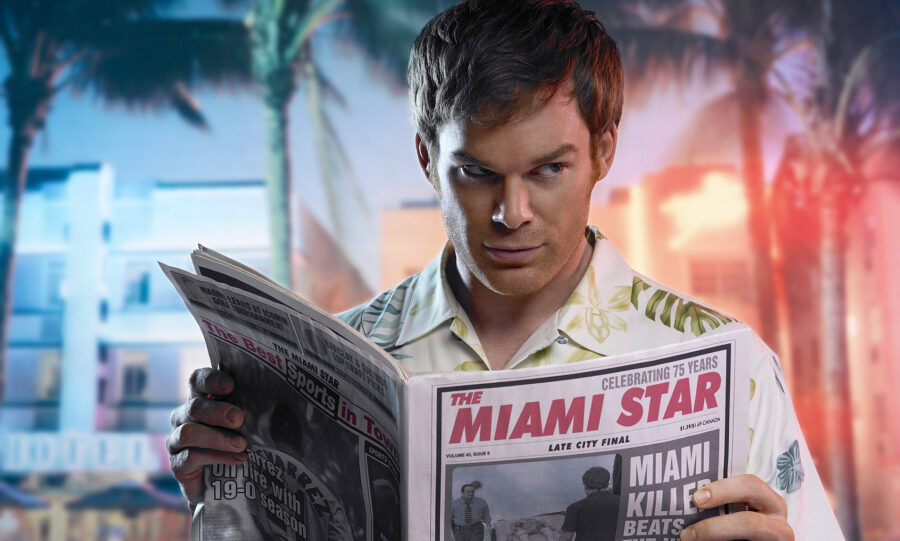
Most fans of Showtime’s Dexter are aware of the novels, written by Jeff Lindsay, thanks to the opening credits, but if anyone went to read the books after watching the show, they’d be shocked at how different the two are. The series loosely brings to life the first book, Darkly Dreaming Dexter, and then it’s off to the races with original storylines and widely different characters. That’s for the best, as the books get much darker and, in one bizarre turn, bring in the supernatural.
A More Psychotic Dexter
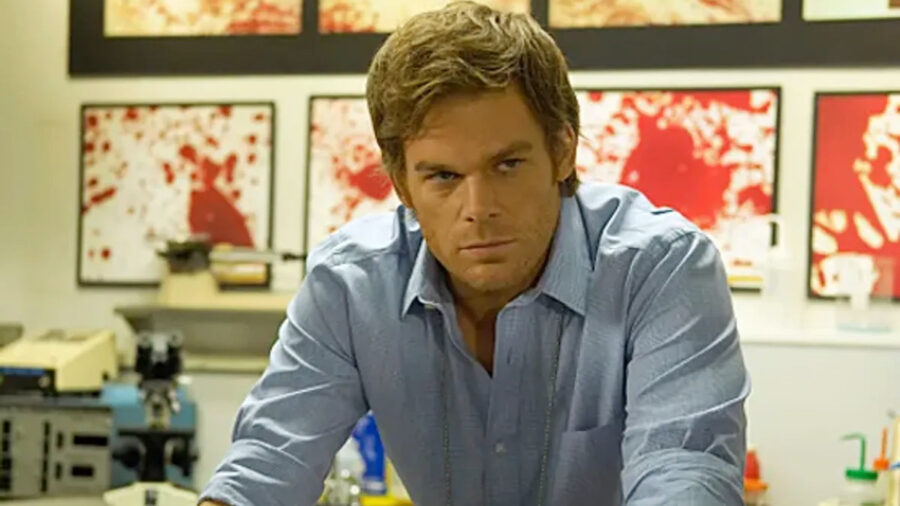
Right off the bat in the first novel, readers will notice that Lindsay’s original vision for America’s Favorite Serial Killer was considerably more psychopathic and has a lot more in common with American Psycho’s Patrick Bateman than the more sociopathic version played by Michael C. Hall. The inner monologue is there, but it becomes fixated, almost obsessive, over small details in a way that Showtime doesn’t show in Dexter.
Better Use Of The Kids
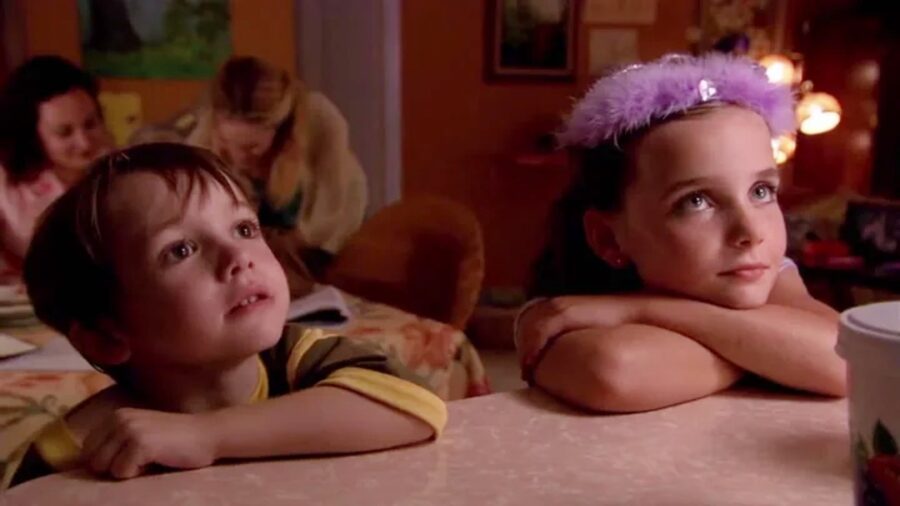
One of the biggest changes that the series Dexter made from the books revolves around Cody and Astor, Rita’s kids, who always seemed like a second thought and a burden in the show. Lindsay, instead, works them into the story by having Dexter recognize that each of them also has a “Dark Passenger,” as he does, and so he decides to mentor them and pass on Harry’s Code to a new generation. It’s a fantastic twist that changes the entire relationship.
The Dark Passenger
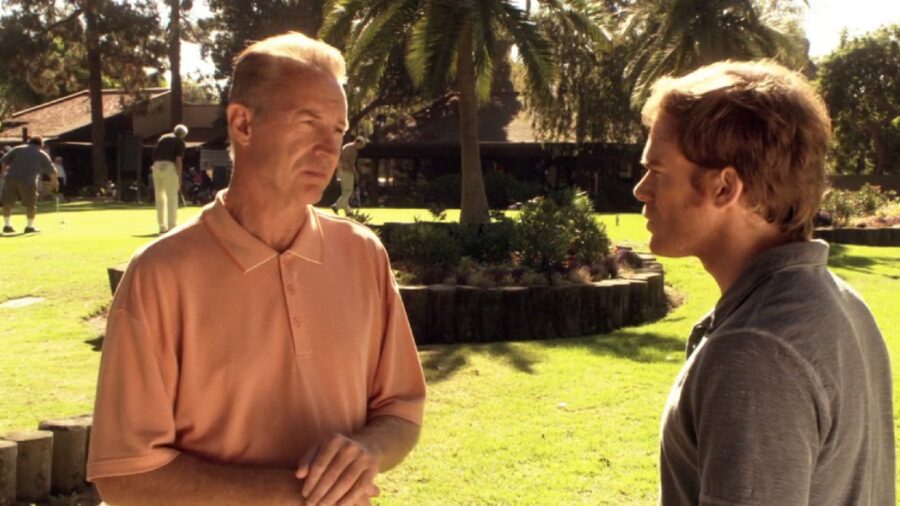
Speaking of the “Dark Passenger,” this is what I feel is the worst difference, and put me off from finishing the books for years, is the change from describing a psychological issue to an actual Biblical demon. Dexter in the Dark, the third book, gives it a name, Moloch, and there’s a growing cult devoted to the demon that crosses paths with Miami police. The sound of drums heralds when Moloch is exerting its influence on Dexter, and thankfully, this particular plot twist starts to fade as the series goes on, with even Lindsay realizing it wasn’t working out.
Ask anyone about the Dexter novels, and on average, you’ll hear how bad they are, that the show is better, and then, with some prodding, learn that they bailed halfway through the third book. Moloch is why this sentiment is so common, but the truth is, the books end up better, and the series could not do them justice.
You Can’t Do That On Television
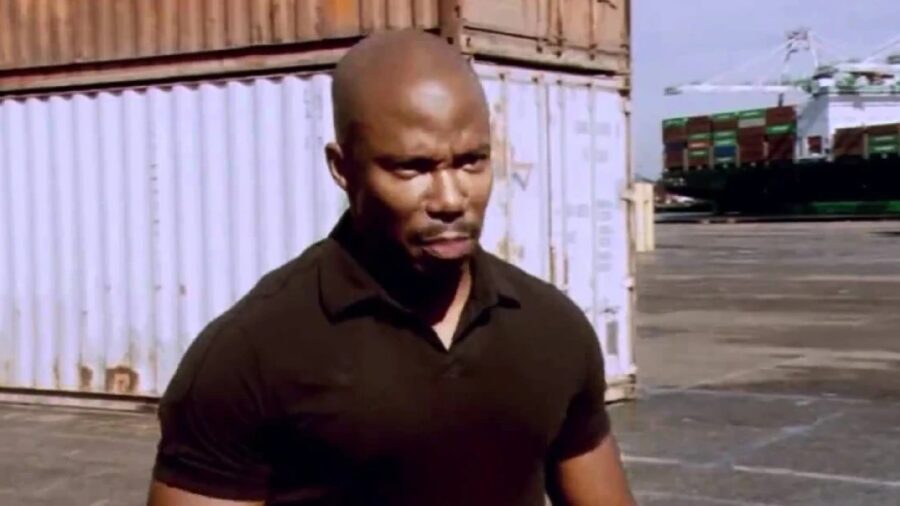
For one, the killers Dexter is hunting are significantly darker and far more gruesome, particularly the one that, in the novels, takes out Doakes, The Doctor. This killer’s first victim is described, in exquisite, horrifying detail, as having had everything cut off….everything…with surgical precision. It’s a striking, disturbing image painted only with words, and despite how far the Showtime series would go, this would have been a bridge too far.
Two Very Different Dexters
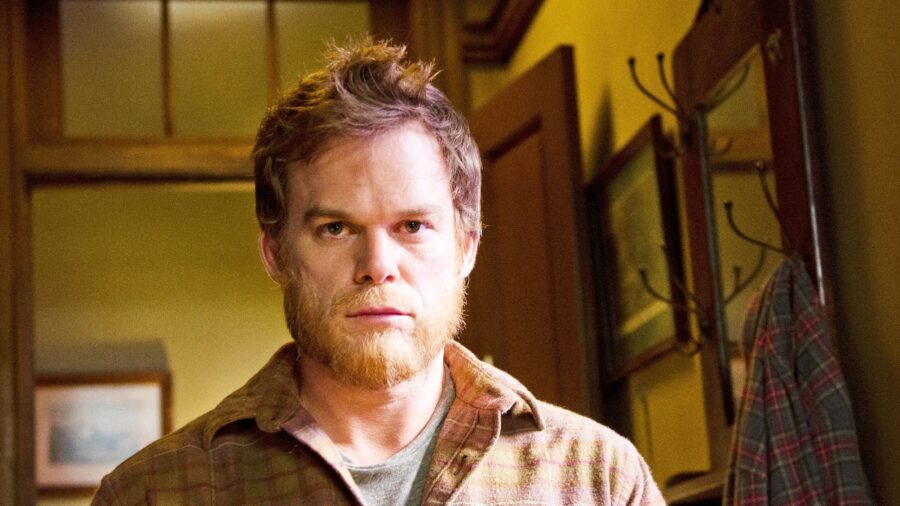
By the end of Dexter, it was clear that the Showtime production was not up to the task of adapting the novels, so it’s a great thing that they didn’t even try. If you’re disappointed by the finale and the uneven sequel series, Dexter: New Blood, go to your library or local bookstore and give the Jeff Lindsay novels a read.
Power through the third book (or honestly, skip it altogether, which is advice I also give regarding Dexter Season 6), and you’ll understand why the concept of the noble yet psychotic serial killer has become a mainstay of pop culture.










